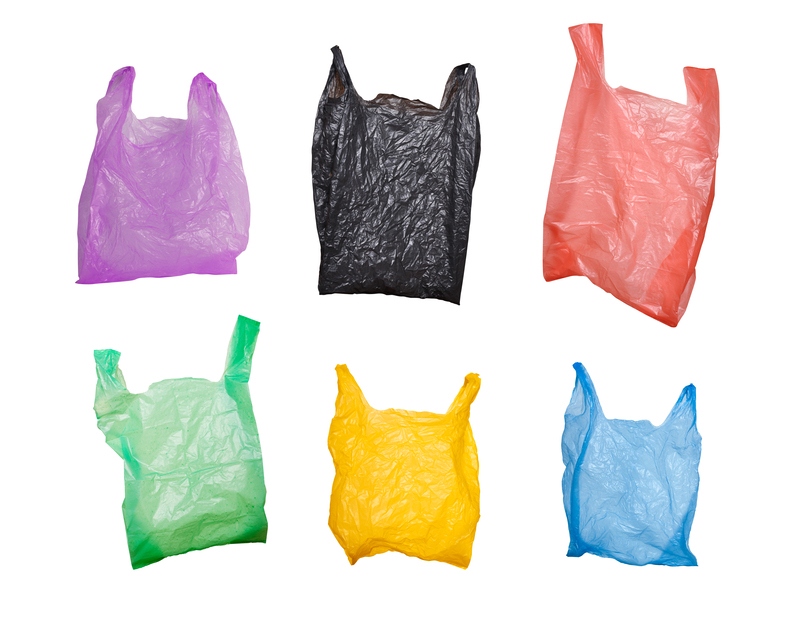Posted on 01/01/2025
Managing Bins in the Heat
Summer months bring higher temperatures, which can significantly impact waste management practices. The increased heat accelerates the decomposition of organic materials, leading to more pungent odors and potential health hazards. Hence, it is essential to adopt effective strategies for managing bins during this period.
Challenges of Managing Bins in the Heat
1. Odor and Pest Control: As waste decomposes faster in the heat, it produces stronger smells that can attract pests such as flies and rodents.
2. Health Risks: The accelerated decomposition process releases harmful gases and bacteria, posing health risks to waste handlers and the general public.
3. Waste Volume: People tend to consume more drinks and packaged foods in summers, leading to an increase in waste volume.

Effective Strategies for Managing Bins in the Heat
1. Regular Collection and Cleaning
More frequent waste collection can help mitigate the negative effects of decomposition. Additionally, ensure that bins are thoroughly cleaned after each collection to remove residue that can attract pests and contribute to odor formation.
2. Proper Bin Placement
Position bins in shaded areas to minimize the impact of direct sunlight. If possible, store bins in a cool, well-ventilated area. Keeping bins away from living spaces can also help reduce the dissipation of odors into homes or buildings.
3. Seal and Separate Waste
Use high-quality, durable bin liners to seal waste tightly. Organic waste, such as food scraps, can be separated and stored in sealed containers to slow decomposition rates. Composting organic waste is another effective way of managing this type of waste more sustainably.
4. Use Deodorizers and Pest Deterrents
Placing deodorizers in and around bin areas can help mitigate unpleasant smells. Lime powder, baking soda, or commercial deodorizers specifically designed for waste bins can be effective. Pest deterrents such as tight lids or natural repellents can help to keep bins pest-free.
Pros and Cons of Managing Bins in the Heat
Pros
1. Improved Hygiene: Regular bin cleaning and waste collection can significantly enhance overall hygiene levels.
2. Health Safeguards: Proper waste management reduces health hazards associated with harmful bacteria and gases.
3. Environmental Benefits: Initiatives like composting can have positive environmental impacts by reducing the amount of waste sent to landfills.
Cons
1. Increased Costs: More frequent collections and the use of deodorizers and pest repellents can add to waste management costs.
2. Labor-Intensive: Effective waste management strategies involve more labor and maintenance.
3. Space Constraints: Finding shaded and ventilated storage spaces for bins may not always be feasible, especially in urban settings.
Tips for Effective Heat Management
1. Educate Community: Community awareness programs can educate people on separating waste and the benefits of composting.
2. Invest in Quality Bins: High-quality, durable bins with tight lids can go a long way in managing waste effectively during summer months.
3. Monitor Waste Volume: Keeping track of waste volume can help in optimizing collection schedules and resources.

Key Takeaways
1. Regular Collection: Frequent waste collection and proper bin cleaning are essential.
2. Proper Storage: Store bins in cool, shaded areas.
3. Odor and Pest Control: Use deodorizers and natural pest deterrents.
4. Community Engagement: Raise community awareness about effective waste management practices.
Conclusion
Managing bins in the heat requires thoughtful planning and the implementation of various strategies to combat the challenges posed by higher temperatures. By focusing on regular waste collection, proper bin placement, separation of waste types, and the use of deodorizers, communities can ensure that they maintain cleanliness, hygiene, and health, even during the sweltering summer months. Adopting these practices will not only benefit individual households but also contribute positively to the broader environment.
Latest Posts
Tips for Proper Disposal of Regular Waste
Garbage Cleanup Bags - Efficient Skip Substitute

































 Get a Quote
Get a Quote